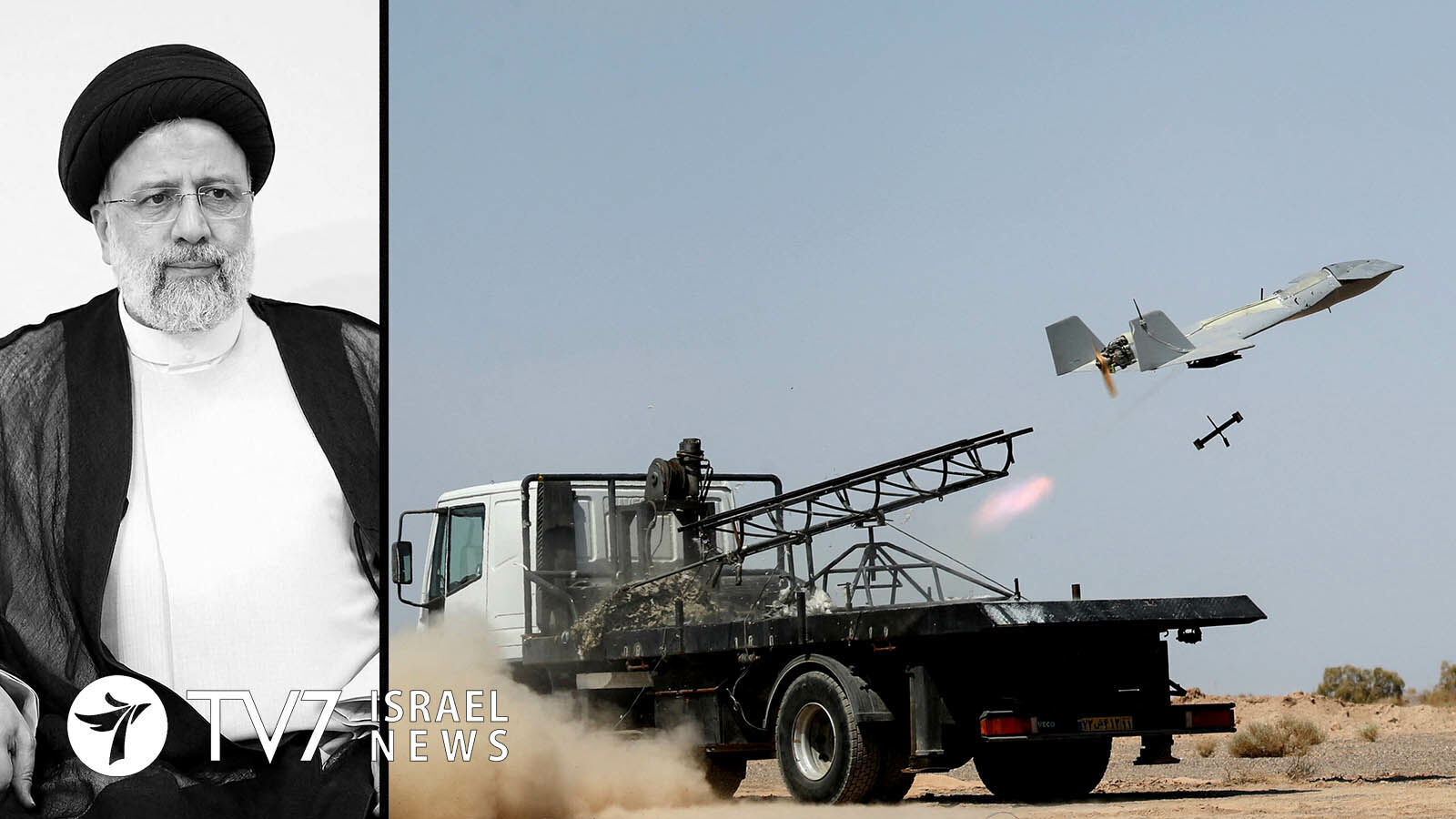While it finally acknowledges the controversial provision – the Islamic Republic insisted the provision took place prior to Russia’s invasion of Ukraine.
By Erin Viner
In Iran’s most detailed response to date, Foreign Minister Hossein Amirabdollahian revealed on Saturday that Tehran supplied Moscow with unmanned aerial vehicles (UAVs, drones).
Iran previously issued a vociferous denial it had armed Russia with UAVs, which it has been using to target power stations and civilian infrastructure in Ukraine.
“This fuss made by some Western countries that Iran has provided missiles and drones to Russia to help the war in Ukraine – the missile part is completely wrong,” Tehran’s top diplomat was cited as saying by the official IRNA news agency.
While Amirabdollahian’s statement marks the first such admission by Iran, he claimed that only “small number” of the aerial weapons had been shipped a few months before Russia’s 24 February attack on its neighboring country.
“The drone part is true,” he conceded, while stating, “we provided Russia a small number of drones months before the Ukraine war”
He went on to declare Tehran is no longer suppling the drones to Moscow – in direct contradiction to statement issued from Kyiv.
In recent weeks, Ukraine has reported a surge in attacks by Iranian-made Shahed-136 “suicide” drones on civilian infrastructure – most notably on power stations.
Ukrainian President Volodymyr Zelenskyy has furiously accused the Islamic Republic of blatant medacity.
“If Iran continues to lie about the obvious, it means the world will make even more efforts to investigate the terrorist cooperation between the Russian and Iranian regimes and what Russia pays Iran for such cooperation,” he said in a recent video address.
Dismissing Tehran’s claims of so-called ‘limited’ supplies to Russia, Zelenskyy said Ukraine had downed 11 drones last Friday alone, and intercept around 10 daily on average.
Zelenskyy, who has repeatedly pressed allies to provide more defenses against aircraft and missiles, said he expected “good news” in coming weeks but gave no details. Kyiv, he added, would next week launch a fund-raising campaign to buy marine drones.
The Kremlin has also denied that its armed forces are using Iranian drones to attack Ukraine.
Disputing the claims, United States Special Envoy for Iran Robert Malley tweeted it is untrue that Iran had sent only a few drones.
“They transferred dozens just this summer and have military personnel in occupied-Ukraine helping Russia use them,” he said.
The European Union last month agreed new sanctions on Iran over drone deliveries, and the United Kingdom imposed sanctions on three Iranian military figures and a defense manufacturer.
Last month, two senior Iranian officials and two Iranian diplomats told the Reuters news agency that the Islamic Republic had promised to provide Russia with surface-to-surface missiles in addition to more drones.
High Representative of the European Union Josep Borrell affirmed in October that “the discussion will continue” on the issue of drones” in search of concrete evidence” of Iranian involvement in the Ukraine conflict
The United States, Britain, France and Germany – all parties to the 2015 Joint Comprehensive Plan of Action (JCPOA) – concur that Tehran’s provision of the unmanned aerial vehicles (UAVs, drones) to Russia would violate United Nations Security Council Resolution 2231 that endorsed the nuclear deal with Iran.
Iran’s latest denial over the UAVs is highly reminiscent of previous dismissal of allegations it is developing nuclear weapons, despite glaring evidence to the contrary.
Last month, the United Nations General Assembly (UNGA) has adopted a resolution demanding Russia reverse course on its disputed claims over four regions in Ukraine.
“When it becomes a daily routine to watch images of destroyed cities and scattered bodies, we lose our humanity…We must find a political solution based on the UN Charter and the international law,” stressed UNGA President Csaba Kőrösi during the world body’s 11th Emergency Special Session on Ukraine. “The UN Charter, Secretary General António Guterres and the Assembly itself have been very clear that Russia’s invasion and its claim to Ukrainian territory by force is without doubt “‘illegal.’”
